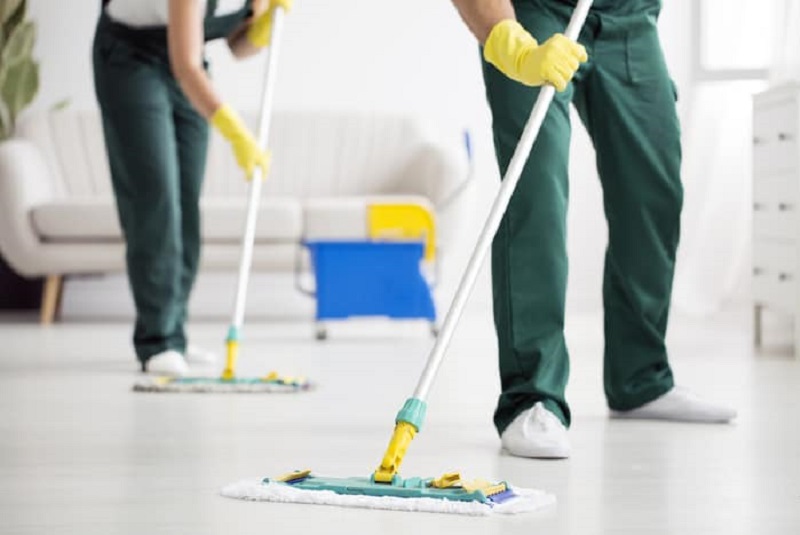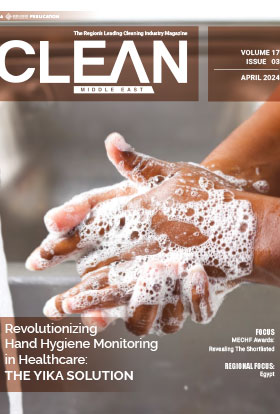
The symbiosis between issues that were once highlighted in isolation has added weight to the understanding of just how interlinked our environment is. Unless we adopt a sustainable appr oach to everything we do, we run the risk to negatively affecting our day-to-day health, well-being, and productivity. Green cleaning is mutually beneficial to this mission. However, there is far more to green cleaning than moving away from toxic chemicals and the use of non-recyclables.
Evolving cleaning practices
Green cleaning is a major driver in the industry, reflecting sustainable trends and increasing expectations among customers for products and services that respond to the environmentally friendly agenda. This practice results in:
- Improving air quality with the aim of preventing allergies, asthma and infections.
- Maximising resources and identifying more efficient cleaning methods.
- Reducing the health and environmental impacts of chemicals, products, and processes employed in building cleaning and maintenance.
Raising the profile of cleaning as a whole through the “value of clean” — demonstrates that clean is not just a cost burden. The role cleaning plays in a building is becoming clearer as an investment — especially the green component — and the financial ROI from proper cleaning contributes significantly to a company’s bottom line. Although there are many different ways to generate cost savings and impact through cleaning activities, the following are the main areas:
• Work ticket resolution costs
• Occupiers’ wellness which reduce absenteeism and presenteeism whilst improving productivity
• Image enhancement therefore an increase in customer satisfaction
• Asset preservation
• Energy savings
• Reduction in hospital associated infections (HAI) for healthcare facilities
Although cleaning has traditionally been viewed as a cost, it is becoming clear that even relatively modest investments in cleaning produce substantial financial returns in areas often overlooked.
Green cleaning is a natural ally for green building due to its positive impact in preserving asset value, ongoing efficiencies of use, and the health and safety of everyone, including cleaning staff, where it can also contribute to reducing absenteeism.
How do you implement a green cleaning programme?
In the past there was a perception that green cleaning was very hard to implement due to cost, efficacy and training. However nowadays those barriers have been lowered as new products at lower costs have become available and innovation and technology have ensured they bring the same results as traditional products.
Training is still an issue and unfortunately not only for green cleaning but across the entire industry. However, in the Middle East several organisations have started to appreciate the key role of training and development for quality, standardisation, performance, and reduction in turnover and have established excellent in-house training academies where green cleaning is also addressed.
Therefore, implementing green cleaning is becoming more accessible as long as everybody in the organisation is on board, the team is trained, a detailed green cleaning programme is developed along with the baseline assessment, green cleaning products and equipment are procured and supplied to staff, and responsibilities are shared across the teams and the clients, too.
About the Author
Manuela D’Agata is ISSA's International Education and Certification Director. D'Agata is responsible to lead ISSA efforts to enhance and promote professionalism, industry standards, and best practices across the cleaning industry through CIMS accreditation (Cleaning Industry Management Standard), training courses, and blended educational initiatives in Europe, Middle East, Africa, Oceania, and Asia-Pacific regions. Additionally, she is developing and recruiting a group of local trainers and auditors who can support ISSA in different regions.


.jpg)
.jpg)
 Search
Search